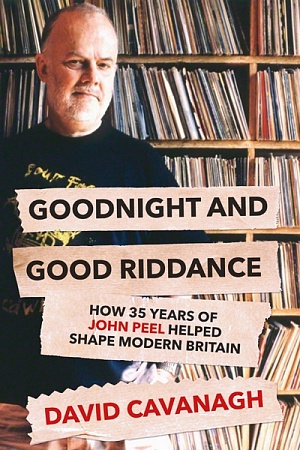Soldier Boy: The True Story of Jim Martin the Youngest Anzac
Penguin, $17.95 pb, 174 pp
Ripeness Is All
Anthony Hill begins his biography of Jim Martin by describing Martin’s death. Beginning the story of a person’s life by going straight to the end is unusual but wholly appropriate in this case because Jim Martin’s fame lies solely in the fact that his death at the age of fourteen, at Gallipoli, makes him the youngest known Australian soldier ever to die in a war.
At first, it would seem impossible to write the life story of an early twentieth-century, working-class teenager. Jim, in his short life, did not have the time to amass the life experiences – or the papers, letters and diaries – normally deemed necessary for a biography. By necessity, Hill has made assumptions to fill the gaps in the small amount that is directly known of Martin’s life. While he describes the result as a ‘biographical novel’, his speculations are generally plausible.
Jim Martin had an unremarkable childhood in the Murray River town of Tocumwal, New South Wales, and in the Melbourne suburb of Hawthorn, where his mother, Amelia, ran a boarding house. Hill shows well how Jim was surrounded by the values of empire loyalty and martial pride in his schooling, in the Federal Government’s compulsory military training scheme for boys aged twelve and over, and in the frenzy of patriotism that followed the outbreak of war in 1914. These values came to the fore in early 1915 when Jim decided, following his father Charlie’s failed attempt to enlist, that he should go in his stead. Jim was already five feet six inches tall, and knew he could pass for eighteen. He told his parents that he was going to join up: if they told the Army he was eighteen he would promise to write letters to them, but if they did not give permission he would join up using an assumed name and they would not hear from him at all. Faced with this horrible dilemma, Amelia wrote a note giving consent for Jim’s enlistment.
Continue reading for only $10 per month. Subscribe and gain full access to Australian Book Review. Already a subscriber? Sign in. If you need assistance, feel free to contact us.













Leave a comment
If you are an ABR subscriber, you will need to sign in to post a comment.
If you have forgotten your sign in details, or if you receive an error message when trying to submit your comment, please email your comment (and the name of the article to which it relates) to ABR Comments. We will review your comment and, subject to approval, we will post it under your name.
Please note that all comments must be approved by ABR and comply with our Terms & Conditions.